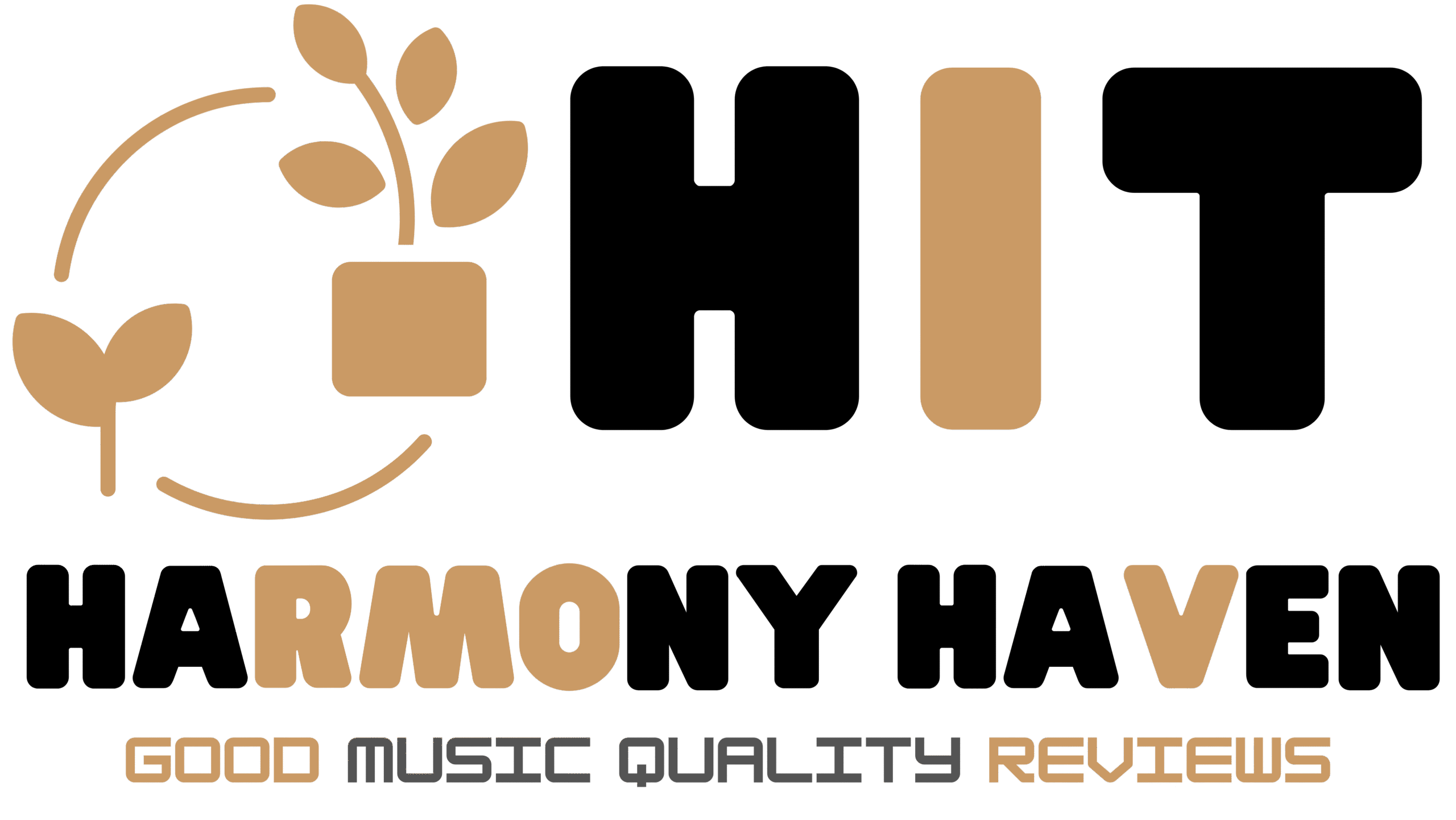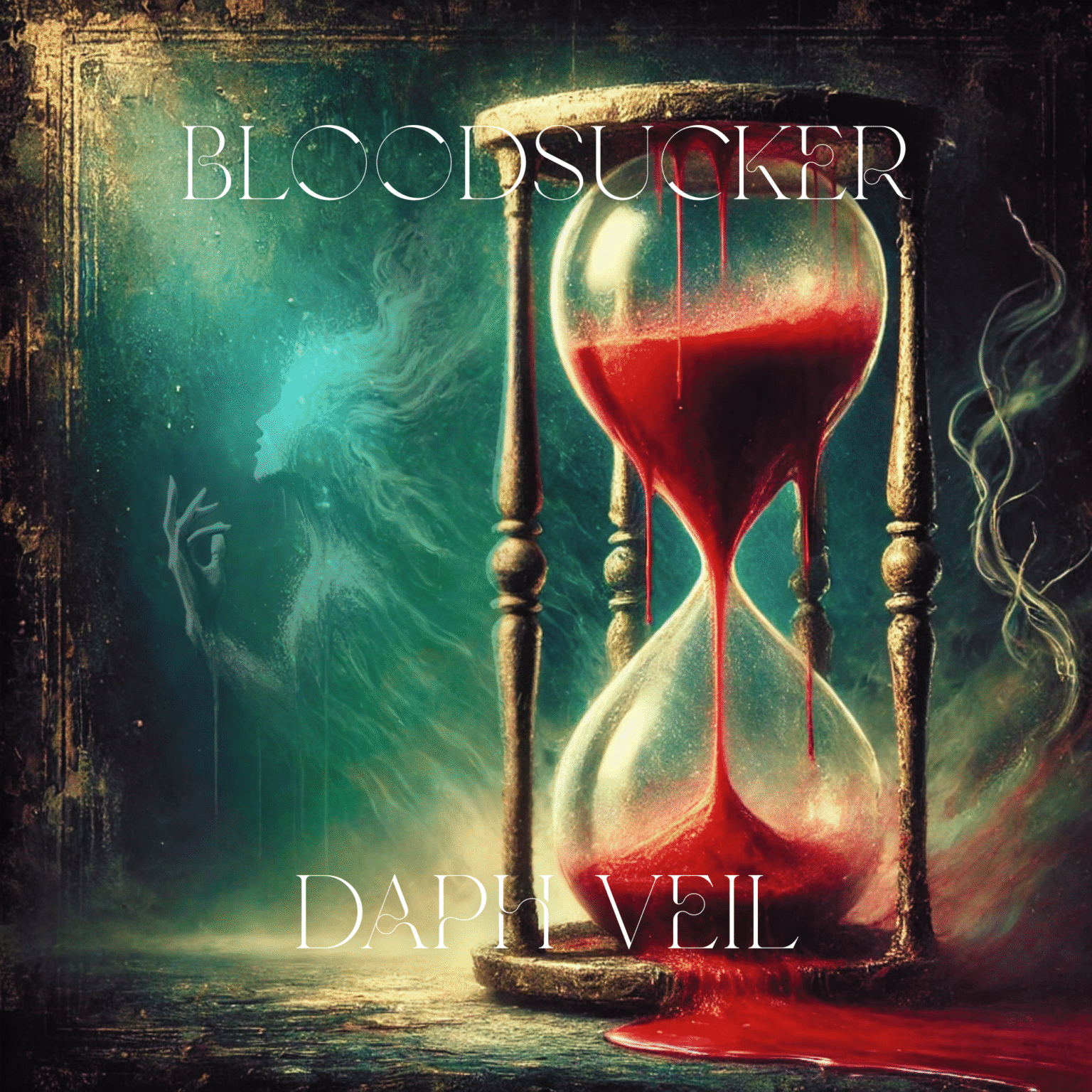Daph Veil’s “Bloodsucker” is a sonic unraveling of what happens when intimacy curdles into toxicity. From its very first riff—rooted in blues but quickly warped into a broader soundscape—it becomes clear that Austin-based musician Paula Laubach is less interested in straightforward storytelling than in recreating the lived chaos of a draining, unhealthy relationship. Lyrically, the track presents a portrait of a partner who feeds on energy and affection without ever giving anything back. The metaphor of the “bloodsucker” is blunt yet effective: love here is predation disguised as intimacy, and the longer you stay, the more you’re hollowed out. It’s a theme that’s instantly relatable to anyone who has felt caught in the push-pull between attraction and destruction.
The song’s structure mirrors this descent with chilling precision. It begins in relative calm, almost seductive, with Laubach’s voice floating over restrained instrumentation. The lyrics in this opening phase hint at the allure of the relationship, suggesting how toxicity rarely announces itself at the start. This atmosphere gradually warps, with subtle dissonances creeping into the arrangement—shadows beneath the shine. When the chorus finally hits, the metaphor lands with force: the “bloodsucker” isn’t a monster from folklore but a painfully familiar type of person, one who drains emotional reserves while leaving the victim entranced. The gradual escalation is the lyrical and musical equivalent of waking up to a reality you’ve tried too long to deny.
As the song accelerates, the words sharpen, and the sonic textures grow increasingly chaotic. Laubach’s layered vocals are especially effective here: one voice smooth and almost controlled, the other frayed and raw, representing the split between the mask we wear in public and the turmoil beneath. This duality makes the lyrics cut even deeper, underscoring the reality that toxic dynamics are rarely visible from the outside. “Bloodsucker” refuses to romanticize this pain. Instead, it lets the ugliness have its full say, building toward an explosive climax where drums crash like breaking walls and guitars howl as though purging the poison. The intensity is suffocating but cathartic, capturing the feeling of finally naming the parasite and acknowledging its grip.
What’s striking about the lyrics, co-written with Rebecca Price, is their refusal to slip into cliché. Instead of melodrama, the imagery is precise and visceral: veins, drains, shadows, and hunger. The metaphors work because they feel lived-in, born of real confrontation with emotional depletion. And yet, within this rawness, there’s a sense of reclamation. To call someone a bloodsucker is to take away their glamour, to strip the charm that once masked their destructiveness. The song’s final passages feel less like surrender and more like exorcism. Even as the noise consumes the track, there’s a strange clarity: survival means naming the danger and stepping away, even if only after collapse.

In the end, “Bloodsucker” is a song about reclamation through exposure. By dragging toxicity into the open, Daph Veil transforms private turmoil into communal recognition. Musically, it fuses blues roots with shoegaze haze and alt-rock urgency, creating a piece that feels simultaneously grounded and unmoored. Lyrically, it dives into the shadowy spaces of dependency, obsession, and exhaustion, but it doesn’t stay trapped there; instead, it burns its way out, leaving only scorched honesty behind. For Laubach, this single marks not only a powerful artistic statement but also a deeply human one: a testament that naming your demons—even when they once wore a lover’s face—is the first step toward freedom.
For more information, follow Daph Veil:
Website – Facebook – Spotify







